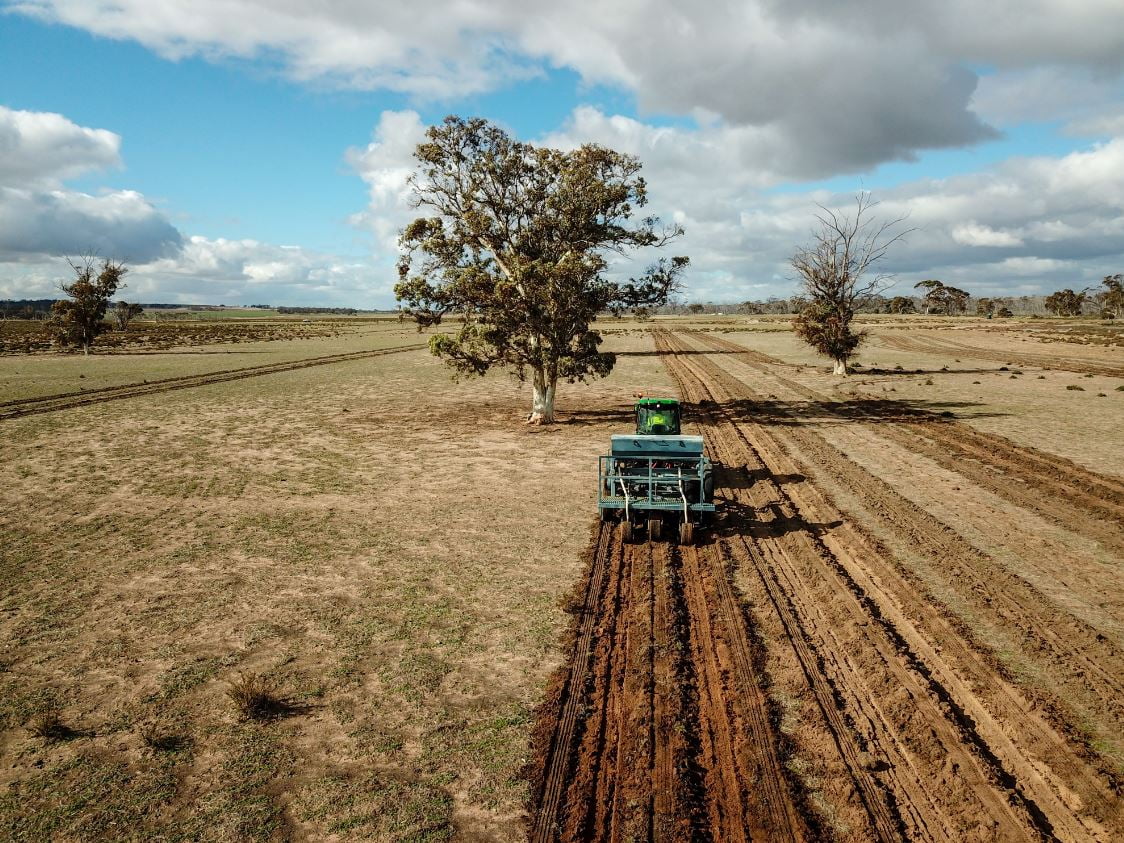The world of food and agriculture stands at the precipice of a revolutionary shift, one that promises to reshape our concepts of what constitutes protein sources. With the burgeoning interest in health, sustainability and ethics, plant-based proteins have gained significant momentum and are emerging as a viable alternative to animal-derived proteins. This paradigm shift in consumer behaviour is not merely a fad but an indication of the future trajectory of global agriculture, exerting a profound impact on traditional farming systems.
The surge in plant-based proteins
Plant-based proteins, derived from a variety of grains, legumes and nuts, have become an attractive choice for many consumers. Whether motivated by health concerns, environmental reasons, or ethical considerations, an increasing number of individuals are reducing their meat consumption and incorporating plant-based proteins into their diets. This shift in dietary preferences has resulted in an explosion of new products, from plant-based burgers and sausages to protein-enriched alternatives to dairy products.
The technological innovations driving this plant-based revolution are also noteworthy. Advances in food science and technology have enabled the creation of plant-based proteins that closely mimic the taste, texture, and nutritional profile of their animal counterparts. This has significantly broader the appeal of these products beyond vegetarians and vegans, drawing in flexitarians and even traditional meat-eaters.
Impact on traditional farming
The rise in the popularity of plant-based proteins carries significant implications for traditional farming systems. The demand for crops used in these proteins, such as soy, peas, and various grains, is set to increase. This shift could affect land use patterns, leading to an expansion of farmland dedicated to these crops and necessitating changes in crop rotation systems.
Concurrently, livestock farming may face disruptions. If the shift towards plant-based proteins continues, demand for traditionally farmed meat could decrease. This could affect not only livestock farmers but also industries related to animal farming, such as feed production. However, it is essential to note that while some market share may be lost, meat is unlikely to be entirely displaced by plant-based proteins in the near term.
Farmers can view this evolving landscape not as a threat but as an opportunity for diversification and sustainability. Transitioning part of their production to crops that cater to the plant-based protein market can open new avenues for growth and revenue. It may also offer environmental benefits by contributing to the diversification of crops, which can improve soil health and reduce dependence on chemical inputs.
Towards a sustainable future
Plant-based proteins carry a substantial potential for sustainability. Producing plant-based proteins generally requires less water, land and energy than animal proteins and emits fewer greenhouse gases. If managed correctly, the shift towards plant-based proteins could play a role in combating climate change, conserving resources and enhancing food security.
However, it’s important to approach this transition with care. An abrupt or poorly managed shift could cause disruptions and possibly unintended environmental consequences, such as increased pesticide use or monoculture farming. Therefore, a balanced, sustainable approach to this transition is crucial.
The rise of plant-based proteins heralds a new era in global agriculture. Traditional farming practices must adapt to this change, leveraging it as an opportunity to enhance sustainability and secure their place in the future food system. A balanced, innovative approach can ensure that we meet the dietary needs of the global population while safeguarding our environment and ensuring the viability of farming communities.
